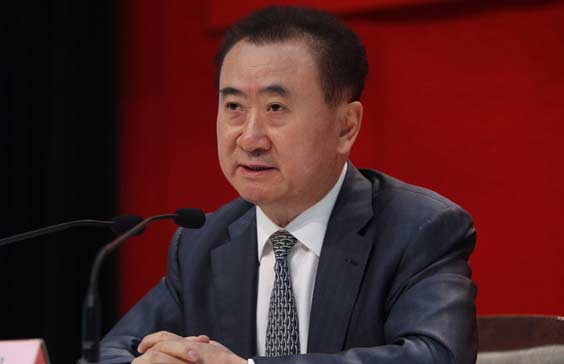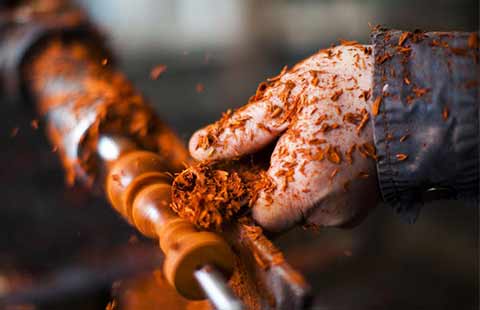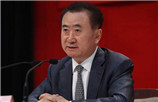Deflation rears its ugly head
By Chen Jia (China Daily) Updated: 2012-09-17 10:05The weakening industrial indicators added to evidence that the government's cautious steps of policy stimulus have not yet stopped economic decline, said Xiao Bo, an analyst with Huarong Securities Co.
"The Chinese economy may face a more serious deflationary situation in the future," Xiao said.
With no signals from the government of immediately stimulating growth, worries about slowing economic growth remain unabated.
The Chinese economy may continue to deteriorate in the third quarter, with the GDP growth rate cooling to less than the year's target of 7.5 percent from the second quarter's 7.6 percent, the lowest for three years, according to economists.
The development has delayed the time forecasting for the economy to begin to bottom out from the second half. At least another three or four months are needed to see a rebound when all the industrial indices are currently disappointing the market, economists said.
The People's Bank of China has cut benchmark interest rates twice since June in order to boost market liquidity and encourage bank lending.
The eased monetary policy appears to have been insufficiently strong to create steady industrial growth in July and August.
UBS AG lowered the predicted whole-year GDP growth rate at the beginning of September from 8 percent to 7.5 percent after recent economic activity remained weak as export growth slowed.
"The policy support was not as rapid or aggressive as previously envisaged," a report from UBS stated. "Although local governments seem eager to increase public investment, they have not been supported by a concerted central government effort or bank financing."
Zhu Haibin, chief economist in China with JPMorgan Chase & Co, said that stabilizing economic growth is much more important in the short term. "The central bank still has some room to ease monetary policy, including cutting interest rates and lowering the reserve requirement ratio," he said.
He added that September would be a good time to cut interest rates again.
It may be very stressful for policy makers to adopt stimulus packages soon even though the signs of decline are getting stronger.
The gradual slowdown in the economy is not as sudden as the collapse in 2008 and any major policy easing may lead to a quick rebound in property sales and prices that will take away the government's efforts over the past two years.
"We expect a somewhat intensified implementation of the existing policy measures, including an increase in infrastructure investment, but a major new stimulus is unlikely unless the economy worsens sharply," said Wang Tao, chief economist in China for UBS.
In September the Chinese government approved 25 subway lines and 13 highway projects nationwide within a week. Nomura Securities Co estimated total investment for the infrastructure projects will exceed 1 trillion yuan ($157.48 billion).
That may be an effective method to boost fixed-asset investment and then drive up the whole GDP later this year, economists said.
"As long as the country's economic growth can be stabilized, the likelihood of deflation disappears," said Zuo Xiaolei, an economist with Galaxy Securities.
chenjia1@chinadaily.com.cn
- Ant Financial 'in talks' with Caixin Media
- Picky Chinese invest smartly in overseas residential units
- National big data pilot zone to open in Guizhou
- China Resources to buy out stake in Snow Breweries
- Beijing smart glasses maker eyes global market
- World premiums at Geneva Motor Show
- Based in China, trading in US stocks
- China offers guidelines for companies investing overseas
















